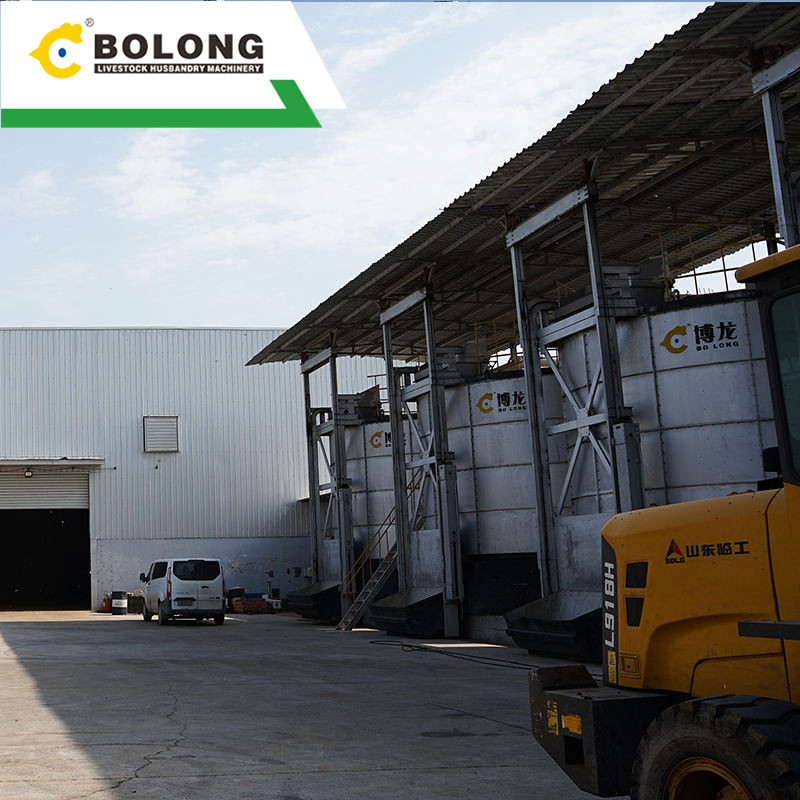
All About Bio Septic Tanks: How They Work, Costs & Benefits
2024/2/23/ · Seeding tanks with bacterial cultures. Cost Breakdown: Permitting and site evaluation fees: $500 – $1500. Tank unit cost: $2000 – $5000. Media bed for bacteria: $50 – $300. Installation labor & equipment: $3000 – $6000. Ongoing operation and maintenance costs are low thanks to the natural treatment processes. Routine maintenance tasks
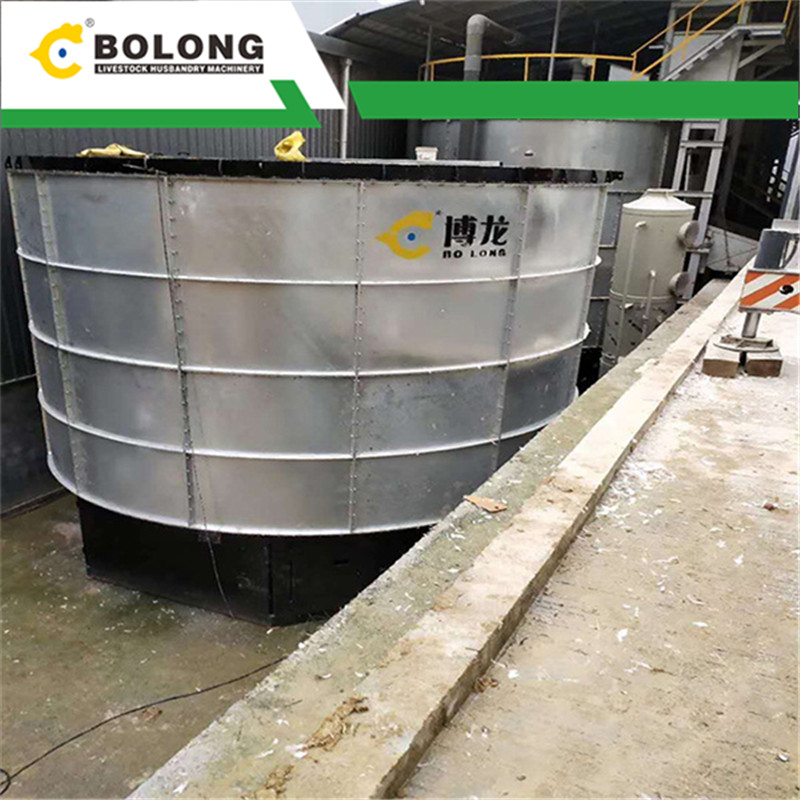
10000L(10T) Fermentation Tank - hembeerequipment.com
Intro. 10000L (10T) Fermentation Tank is a Modular cylindrically-conical tank consist of a base tank (BT) and expansion accessories (valves, fittings, armatures, tools ) By choosing and using various types of expansion accessories, it is possible to assemble the tank in several configurations that are optimal for the desired part of the
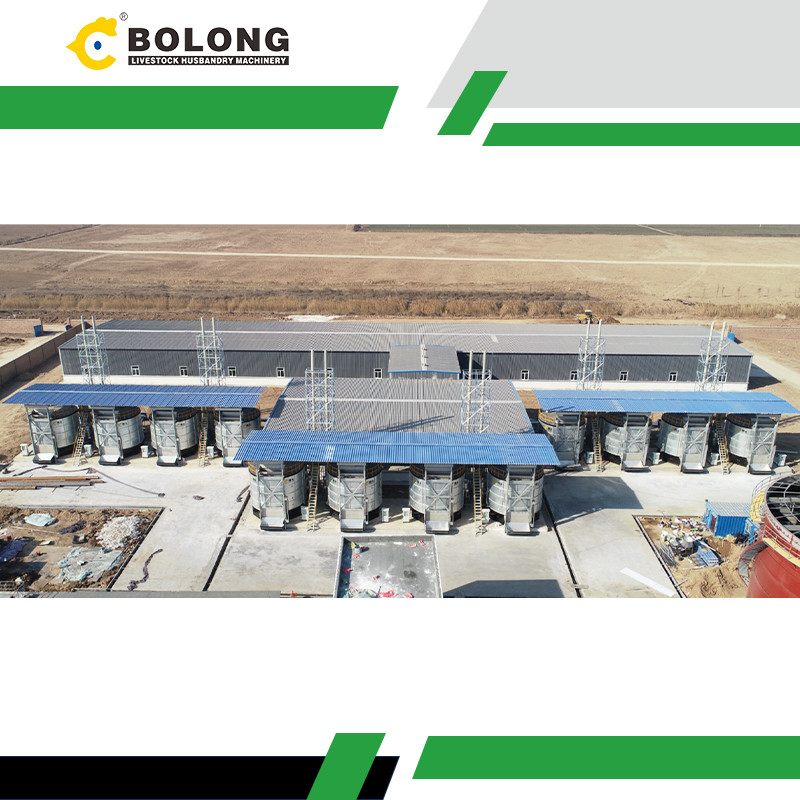
Bio Fermenter - Padma Tech Industries
Bio-fermentation is a method of processing organic material to produce raw material or products. Bio-fermenter is mainly used in the pharmaceutical, biological, and life science industries. Padmatech industries are a leading bio-fermenter manufacturer that provides quality output. We provide a complete range of fermenters that caters to the life science

100bbl Fermentation Tanks: A Comprehensive Guide
2023/4/17/ · The Brewing Process. Before we explore the ins and outs of 100bbl fermentation tanks, it’s essential to understand the beer brewing process. Here’s a brief overview of the steps involved: Mashing. First and foremost, mashing takes center stage. In this crucial step, brewers mix milled grain with water, creating a mash.
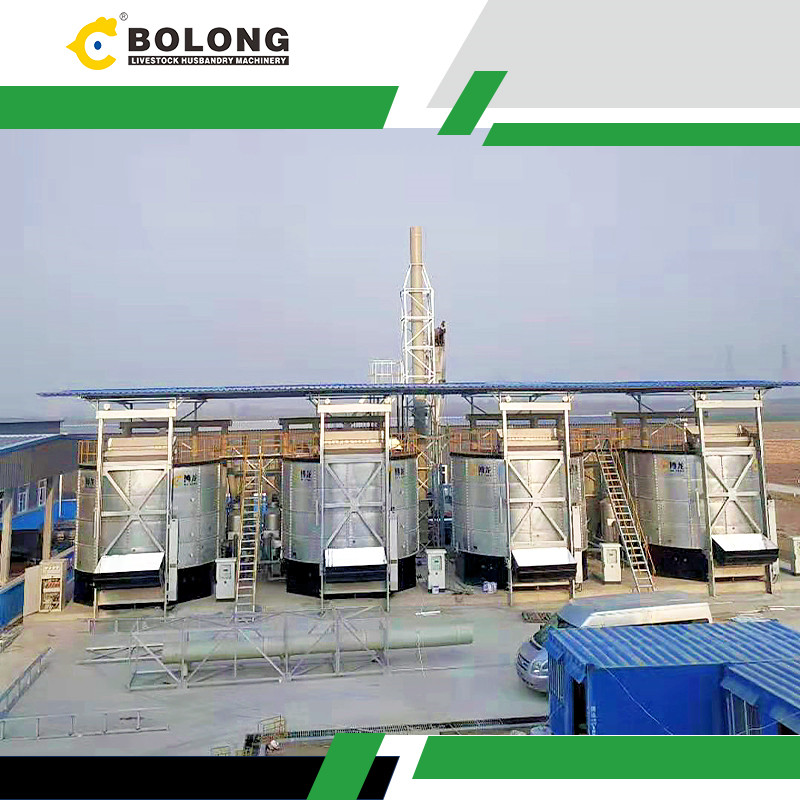
Frontiers | Bio-hydrogen production by dark anaerobic fermentation
2022/9/6/ · Figure 1 shows the metabolic pathway of complex carbohydrates: monosaccharides are generated through water, pyruvate is generated through glycolysis, and after fermentation, it is converted into lactic acid, acetic acid, propionic acid, butyric acid, ethanol, etc. The end product is governed by the energy production process, the
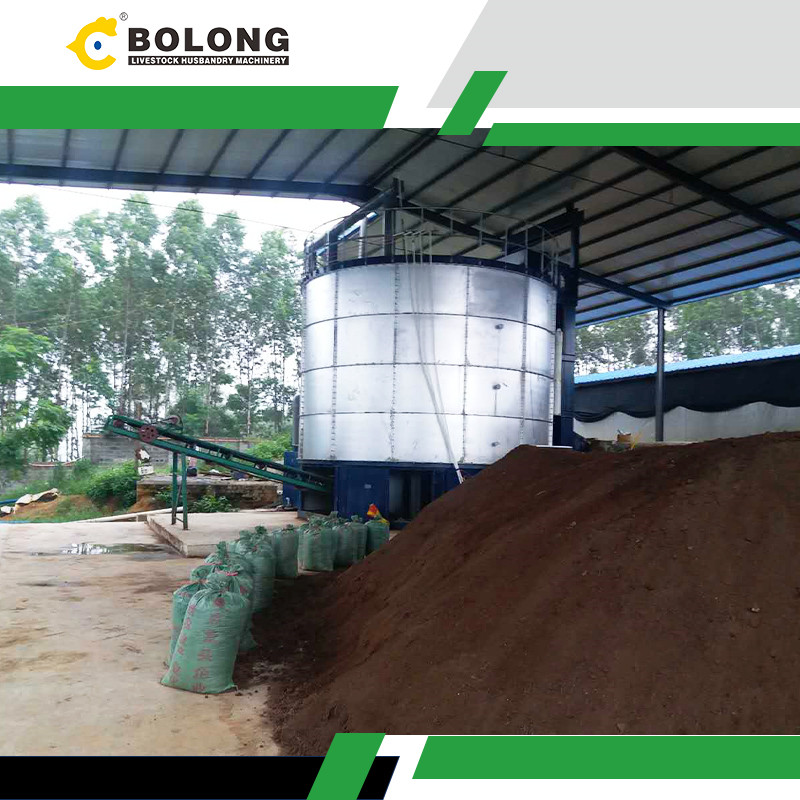
Fermentation Tank for Sale - organic fertilizer plants
The main structures of fermentation tank include body, mixer, air supply system, material lifting device, control cabinet, hydraulic power station, biological deodorization equipment and sensors of temperature and oxygen concentration. Mixer: The mixer is fixed inside the fermentation tank. It is used for stirring organic waste to realize

Understanding Bio Treatment for Septic Tanks: A Comprehensive
2024/2/25/ · Bio treatment is a game-changer for septic tank owners seeking a sustainable, eco-friendly, and low-maintenance approach to wastewater management. By harnessing the power of beneficial bacteria and enzymes, bio treatments can improve waste digestion, reduce odors, minimize sludge accumulation, and extend the lifespan of your
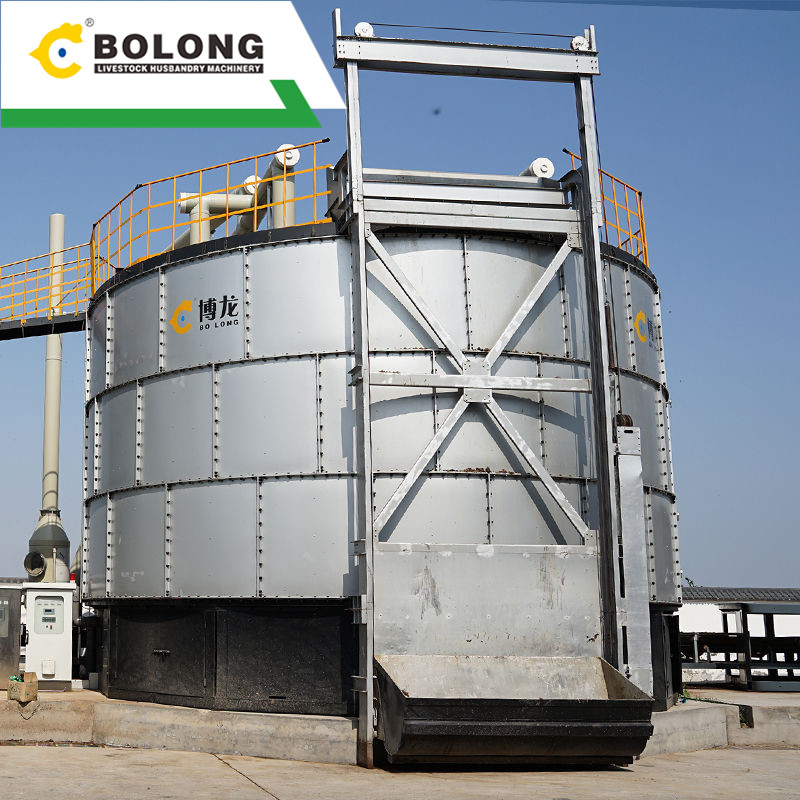
Brewing Vessels Reviewed: Cylindroconical Fermenters
2013/2/6/ · “That’s called a unitank, which is a fermentation tank that has both primary and secondary fermenting and aging functions in one tank,” explained Brandon LeBlanc, project engineer for JVNW Inc., a vessels and turn-key systems engineering company from Canby, Ore. “But most folks use a bright beer tank or conditioning tank for aging

Beer Fermentation Tanks: The Essential Guide for Homebrewers
This fermentation tank is designed with all major parts made of SUS304 Stainless steel material, ensuring durability and safety. It also comes with a 1mm thickness liquid tank of
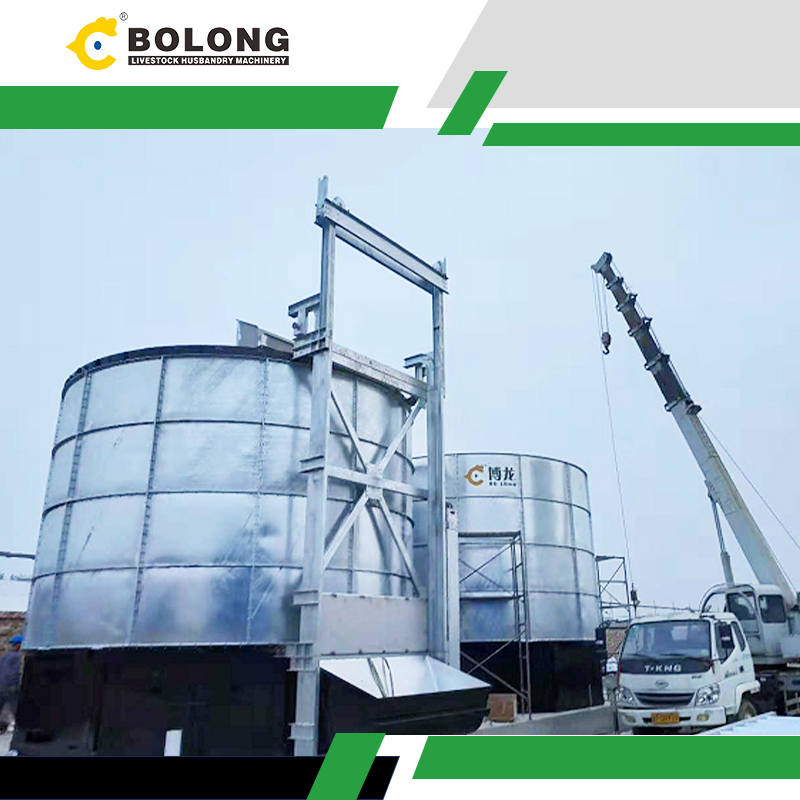
Degradation of Cell Wall Polysaccharides during Traditional and Tank
2024/2/14/ · The increase of polysaccharides in the dark tea pile process is thought to be connected to the cell wall polysaccharides’ breakdown. However, the relationship between tea polysaccharides (TPSs) and tea cell wall polysaccharides has not been further explored. In this study, the structural changes in the cell wall polysaccharides [e.g.,

Large-Scale Fermentation Systems: Hygienic Design Principles
2015/11/1/ · This article discusses many of the problems that can arise related to large-scale industrial fermentation vessels (that is, those with a capacity up to 1 million gal) that are increasingly being used for industrial bioprocesses. It also presents recommendations for appropriate CIP and sterilization design for large-scale systems.

Fermentation Tanks | Dairy Industry | Spectac International
We produce superior finished fermentation tanks that are factory tested in-house at Spectac International HQ. Our engineering team are skilled to deliver the very best solutions for all your dairy processing needs. The fermentation process requires robust fermenting vessels that are fabricated using Stainless Steel T–316L. The design

Beer Fermentation Tanks - YoLong Brewtech
2024/1/19/ · Beer Fermentation Tank Sizes. Beer fermentation tanks cover a wide range of sizes from a few barrels to massive volumes over 1000 barrels. Some typical fermenter capacities include: Pilot Systems: 1-3 BBL; Microbreweries: 3-7 BBL, 7-30 BBL; Pub Breweries: 15-30 BBL; Production Breweries: 30-300 BBL, 600-800 BBL, 1000+ BBL

Stirring System - Better Bioreactor & Fermenter
As the most basic design part of the fermentation tank, the stirring and mixing system is an important part of the continuous and stable cultivation of the fermentation process. For different viscosities and different fermentation strains, Bioreactek engineers have designed a variety of fermentation and stirring systems for users. The user's complex system, our

Fermenter explained - Renergon
Low maintenance and wear and tear on plant components; Low water consumption and therefore suitable for dry, arid regions around the world; The cycle closes when the organic residue, the digestate, is returned to the soil with the nutrients it contains as a potent fertilizer with high humus content after fermentation.